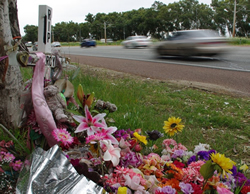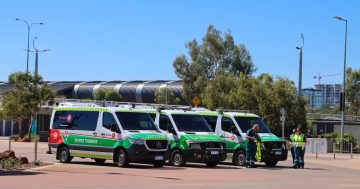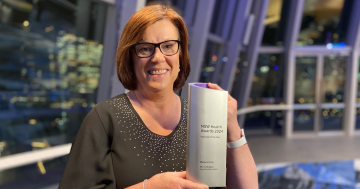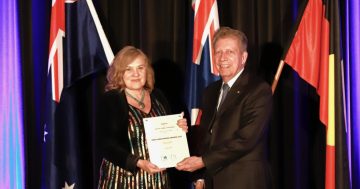 The Transport Accident Commission (TAC) is marking International Men’s Health Week this week (12-18 June) by highlighting the overrepresentation of men impacted by road trauma.
The Transport Accident Commission (TAC) is marking International Men’s Health Week this week (12-18 June) by highlighting the overrepresentation of men impacted by road trauma.
Acting Chief Executive of the TAC, Tony Dudley said that tragically, 145 people had lost their lives on Victorian roads this year, up from 106 at the same time in 2022, which took an enormous emotional toll on families, friends, workplaces and communities.
Mr Dudley said 98 of this year’s fatalities were men – and each year the TAC sees first-hand the hidden and ripple effects of road trauma as it supports those affected, including with their mental health which can be a real barrier to men returning to their lives after road trauma.
He said that each year more than 14,500 Victorians become TAC clients – more than half (54 per cent) of them men – with around 7,000 clients receiving mental health support.
“Too many people suffer physically and mentally due to road trauma and we know that men are overrepresented, not only in the number of people injured and killed on roads, but in those who struggle silently in the wake of loss,” Mr Dudley said.
“The TAC is here to help people impacted by road trauma and if you’re grieving in silence without the support you need, there are many ways that we can help, and we urge people to reach out.”
Minister for WorkSafe and the TAC, Danny Pearson said that last financial year the TAC provided benefits to more than 43,000 people who were either injured on Victorian roads, or had their lives and health impacted by road trauma.
“Whether involved in a transport accident themselves, or having lost a loved one, people often experience overwhelming feelings of sadness, anger, anxiety or guilt that can drastically influence their day-to-day lives,” Mr Pearson said.
“At some point in their lives, one in eight men will experience depression and one in five will experience anxiety, and because these conditions can be brought on or aggravated by road trauma, having access to resources to manage mental health is critical,” he said.
“Mental health services that the TAC offers its clients include counselling, mental health specialists and outreach services, psychology, social work and family counselling.”











